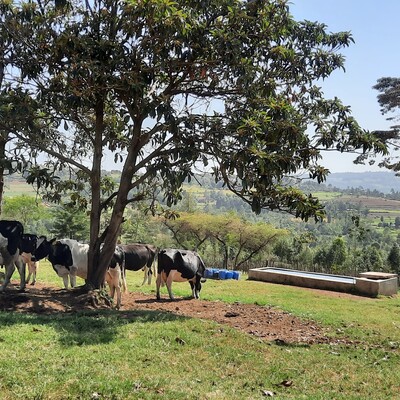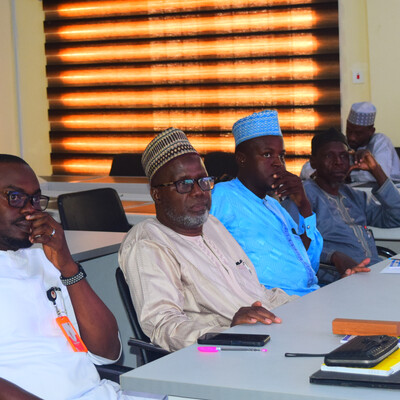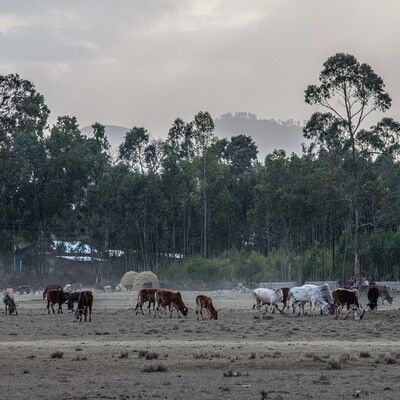
Mapping climate vulnerability and poverty in Africa
As the world’s climate continues to change at an unprecedented rate, the impacts of climate change are likely to be considerable in Africa as well as other tropical developing regions. Many countries in sub-Saharan Africa currently have limited capacity to adapt to changing climate and increased probabilities of extreme events such as drought or flood.Considerable investments are needed to build local adaptive capacity so that countries are better able to respond to the challenges that climate change presents. In partnership with the African Centre for Technology Studies and The Energy Research Institute, ILRI conducted a study commissioned by DFID to map climate vulnerability and poverty in Africa.
The work has highlighted several key points. One is that there is such heterogeneity in household access to resources, poverty levels and ability to cope that vulnerability assessments increasingly need to be done at regional and national levels rather than the continental-level analysis written up here. Second, local responses to climate change need to be dynamic -- adaptation to climate change needs to be seen as a dynamic and continuous process rather than as a one-off activity. Third, while climate change impacts may be considerable in particular places, it is only one of several elements that affect smallholders and their livelihood options. The interactions between climate change and human health, for example, are likely to have enormous consequences on livelihoods and will only add to the burdens of those who are already poor and vulnerable.


















